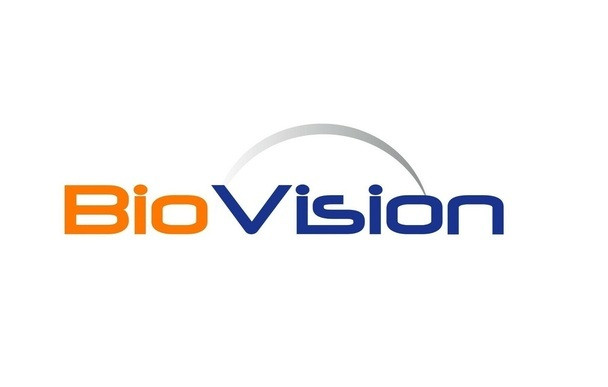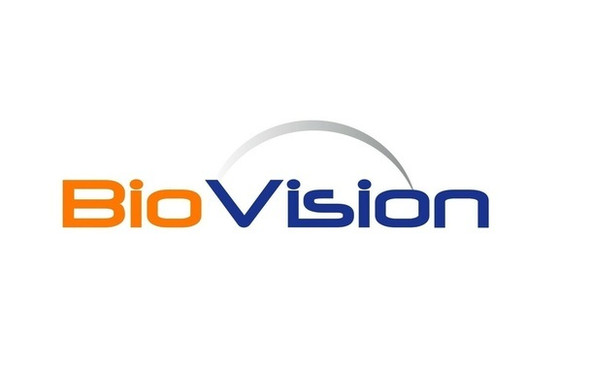Biovision
Human CellExp™ HGFR / c-MET, Fc Tag, Human Recombinant
- SKU:
- 26-P1348
- Availability:
- Usually Shipped in 5 Working Days
- Storage Temperature:
- -20°C
- Shipping Conditions:
- Gel Pack
- Shelf Life:
- 12 months
Description
Biomolecule/Target: HGFR
Synonyms: MET, AUTS9, HGFR, RCCP2, c-Met
Alternates names: MET, AUTS9, HGFR, RCCP2, c-Met
Taglines: Receptor tyrosine kinase that transduces signals from the extracellular matrix into the cytoplasm
Taglines: USA
Country of Animal Origin: USA
NCBI Gene ID #.: 4233
NCBI Gene Symbol: MET
Gene Source: Human
Accession #: P08581
Recombinant: Yes
Source: HEK293 cells
Purity by SDS-PAGE #: ≥95%
Assay: SDS-PAGE
Purity: N/A
Assay #2: N/A
Endotoxin Level: <1 EU/μg by LAL method
Activity (Specifications/test method): N/A
Biological activity: N/A
Results: N/A
Binding Capacity: N/A
Unit Definition: N/A
Molecular Weight: 32.5 kDa
Concentration: N/A
Appearance: Lyophilized
Physical form description: Lyophilized from 0.22 μm filtered solution in 50 mM Tris, 100 mM Glycine, pH7.5. Normally trehalose is added as protectant before lyophilization.
Reconstitution Instructions: Reconstitute in sterile deionized water to a concentration of 50 μg/ml.
Background Information: Hepatocyte growth factor receptor (HGFR) is also known as mesenchymal-epithelial transition factor (MET), c-Met, and is a glycosylated receptor tyrosine kinase that plays a central role in epithelial morphogenesis and cancer development. HGFR protein possesses tyrosine-kinase activity. The primary single chain precursor protein is post-translationally cleaved to produce the alpha and beta subunits, which are disulfide linked to form the mature receptor. HGFR is normally expressed by cells of epithelial origin, while expression of HGF is restricted to cells of mesenchymal origin. Upon HGF stimulation, HGFR induces several biological responses that collectively give rise to a program known as invasive growth. Abnormal HGFR activation in cancer correlates with poor prognosis, where aberrantly active HGFR triggers tumor growth, formation of new blood vessels (angiogenesis) that supply the tumor with nutrients, and cancer spread to other organs (metastasis). HGFR is deregulated in many types of human malignancies, including cancers of kidney, liver, stomach, breast, and brain. Normally, only stem cells and progenitor cells express HGFR, However, cancer stem cells are thought to hijack the ability of normal stem cells to express HGFR, and thus become the cause of cancer persistence and spread to other sites in the body. Various mutations in the HGFR gene are associated with papillary renal carcinoma. HGFR mediates a complex program known as invasive growth. Activation of HGFR triggers mitogenesis, and morphogenesis.
Amino acid sequence: N/A
Handling: Centrifuge the vial prior to opening.
Usage: For Research Use Only! Not to be used in humans






